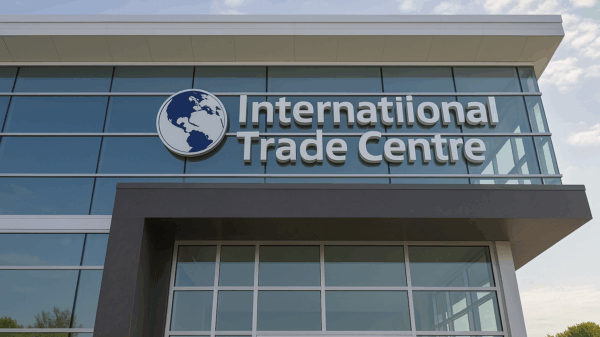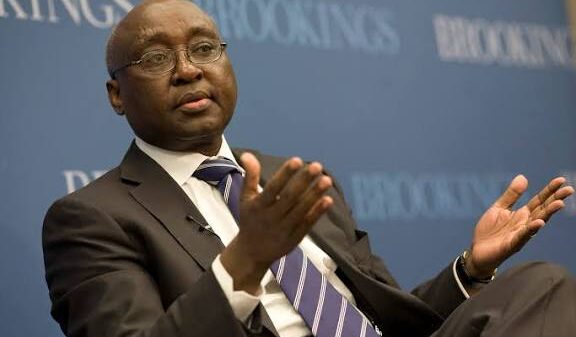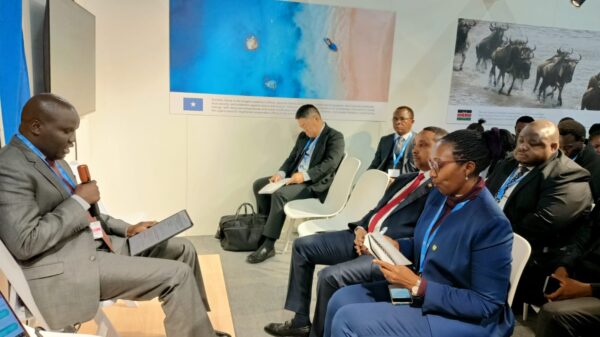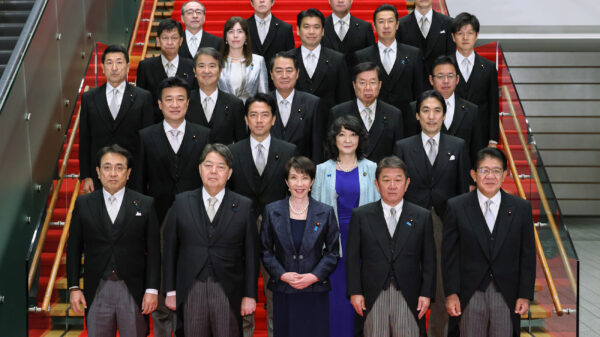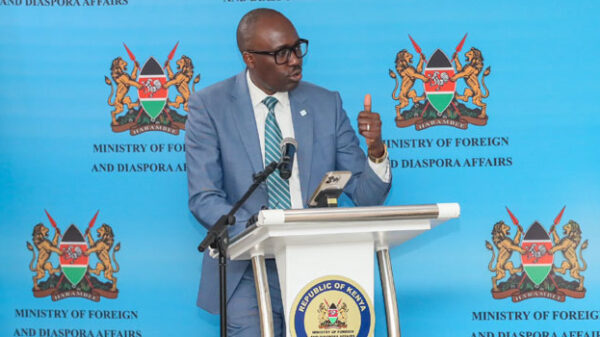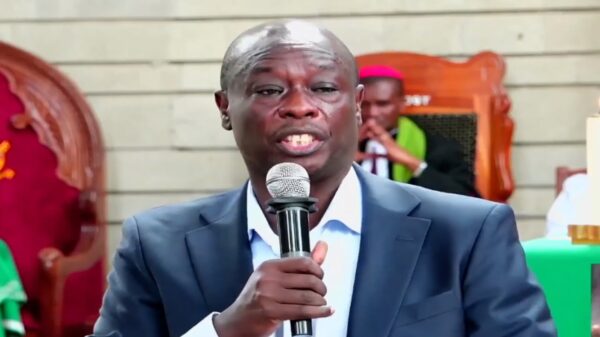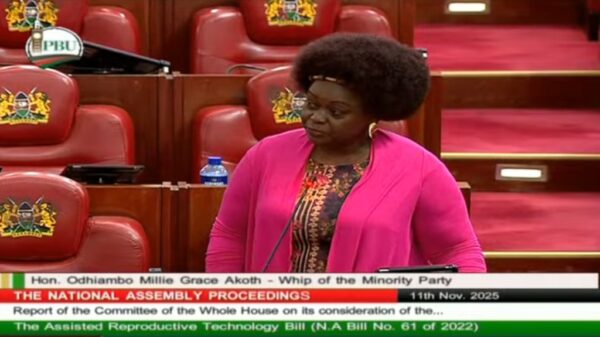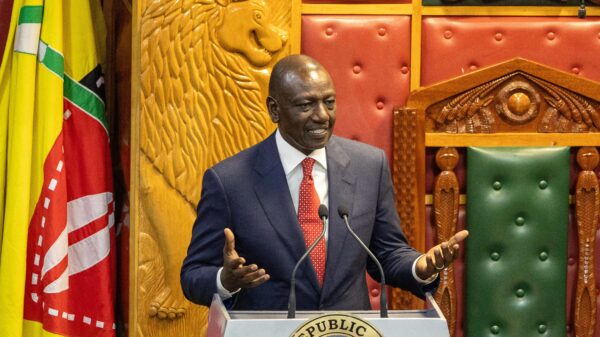NAIROBI, Kenya, Nov 12 – An alliance of civil society actors on cancer advocacy has raised alarm over what they describe as growing emotional and financial distress caused by the new Social Health Authority (SHA) system, citing delays, opaque approvals, and rigid payment terms that threaten continuity of their treatment.
Appearing before the National Assembly Committee on Health, representatives of the Kenya Network of Cancer Organizations (KENCO) decried what they termed a “broken system” that has left thousands of patients stranded despite being fully paid-up members of the new health scheme.
The advocacy group, which earlier petitioned Parliament to safeguard patient rights, urged lawmakers to intervene urgently to ensure equitable access to cancer care.
“SHA has increased emotional distress more than the disease itself. Cancer is emotionally draining, but the SHA system has made the situation worse,” said KENCO Executive Director Phoebe Ongadi.
Ongadi said patients now live in constant fear over whether their treatment will be approved, when their coverage year begins, or whether they’ll be forced to pay out of pocket.
‘Expired accounts’
KENCO cited the case of Mary Nafula, a patient who paid her full annual premium of KSh12,360 in May 2024, only to be asked to pay again two months later after her account was reportedly marked as expired during her second chemotherapy session.
“This confusion is breaking patients emotionally and financially,” said KENCO Vice-Chairperson Prisca Githuka.
“Such cases show how the system is failing the very people it was meant to protect.”
The group said most SHA help desks at health facilities lack trained staff and adequate information, leaving patients misinformed and stranded.
“When patients visit SHA desks, they are simply told their accounts have expired, but no one explains how or why,” Githuka added. “Expecting patients to travel all the way to Nairobi for clarification is both stressful and unrealistic.”
KENCO called for decentralization of SHA services and capacity-building at county and facility levels to restore trust in the universal health coverage framework.
The group also urged flexibility in premium payment, saying annual lump-sum contributions are unrealistic for many cancer patients—especially those in the informal sector.
“We are not refusing to pay,” Githuka said. “But paying the full premium at once is too burdensome. Many of our members depend on daily income. A monthly or quarterly option would be more practical.”
Flexible premium payment plan
Peter Kinyanjui, a cancer patient and member of the matatu industry, echoed the concerns, urging a return to monthly payment options similar to those under the former National Health Insurance Fund (NHIF).
“My colleagues are willing to pay, but the one-off annual payment is too high,” he said. “If the government allowed monthly payments, more people would join and sustain the scheme.”
KENCO further expressed concern over the Primary Health Care Fund and the Emergency, Chronic and Critical Illness Fund (ECCIF), saying they are underfunded and unable to support patients as intended.
“On paper, these funds exist, but in reality, the coffers are empty,” Ongadi said.
“Patients are being taken round in circles, defeating the purpose of Universal Health Coverage.”
According to KENCO, the shortage of funds has made it difficult for patients to access essential diagnostic services such as pathology and screening, resulting in late diagnoses and poor outcomes.
The organization presented data showing that Kenya records about 44,700 new cancer cases annually, with over 29,000 deaths, meaning more than half of those diagnosed do not survive.
Evidence-based advocacy
The most common cancers include breast, cervical, prostate, esophageal, and colorectal cancers, with 70 percent diagnosed at late stages.
Seme MP James Nyikal, who chairs the Health Committee, commended KENCO for its evidence-based advocacy, noting that their findings mirrored the committee’s field observations.
“What you’ve presented is consistent with what we’ve seen across the country—delayed payments, lack of information, and mismanagement of health funds,” Dr. Nyikal said.
“This alignment means we’re on the right path toward finding solutions.”
He assured the group that Parliament would incorporate their recommendations in its forthcoming report and pursue dialogue with the Ministry of Health and county governments.
Nyikal also welcomed KENCO’s proposal to include cancer survivors and patient representatives in national policy and advisory bodies under SHA, including the Benefits Package Tariff Advisory Panel, to ensure that patient voices inform health reforms.
“We want to be part of the committees that design the benefits package,” Githuka said. “We live through these policies every day. Our inclusion would ensure reforms are grounded in real patient experiences.”
Nyikal said the committee would forward the proposal to the ministry for consideration but cautioned that legislative timelines may extend into early next year due to the upcoming parliamentary recess.

